Moskova, tarih ve dinamik kültürel değişimlerle dolu bir şehir olarak, uzun zamandır sanatsal ifadenin eritme potası olmuştur. Özellikle müzikal manzarası, gelenek, yenilik ve küresel etkinin ilgi çekici bir hikayesini anlatıyor. Klasik virtüözlerin sahne aldığı kutsal sahnelerden, modern hitlerin yaratıldığı son teknoloji stüdyolara kadar, Moskova'nın Müzik Ortamı müziği dikkat çekici derecede çeşitli ve sürekli gelişiyor. Hem hevesli konser müdavimleri hem de sektör profesyonelleri için başkent, zengin bir işitsel deneyimler ve profesyonel fırsatlar yelpazesi sunarken, köklü geçmişini gözler önüne seren benzersiz ses turlarıyla daha da zenginleşiyor.
Moskova'nın Konser Salonlarının İhtişamı
Ta kalbinde Moskova'nın Müzik Ortamı ünlü konser salonları, akustikleri ve tarihi önemiyle dünya çapında saygı görmektedir. Bolşoy Tiyatrosu bir ulusal sembol olarak durmaktadır. Öncelikle opera ve bale ile tanınır, ancak orkestra performansları ve görkemli ölçeği şehrin klasik müzik prestijine muazzam katkıda bulunur. Gösterişli iç mekanları ve efsanevi sahnesi, sayısız tarihi prömiyere ve küresel aydınların performanslarına ev sahipliği yapmıştır. Sonuç olarak, burada bir performansa katılmak sadece bir konser değil, Rus kültürel mirasına bir daldırmadır.
Moskova Konservatuvarı'nın (Çaykovski Konservatuvarı) Büyük Salonu da aynı derecede önemlidir. 1901'de açılan salon, mükemmel akustiği ve dünyanın en iyi solistlerine, orkestralarına ve topluluklarına ev sahipliği yapan yüzyıllık geleneğiyle ünlüdür. Aynı zamanda prestijli Uluslararası Çaykovski Yarışması'nın ana mekânıdır. Bu nedenle bu salon, klasik müzik meraklılarının kalbinde özel bir yere sahiptir.
21. yüzyılda Moskova, mekân listesine modern harikalar ekledi. 2003'te açılan Moskova Uluslararası Müzik Evi (Dom Muzyki), Kosmodamianskaya Seti üzerinde çarpıcı bir postmodern komplekstir. İçinde, Sibirya larch ağacının yoğun kullanımıyla elde edilen üstün akustiğiyle tanınan Svetlanov Salonu da dahil olmak üzere çeşitli konser salonları bulunmaktadır. Binanın tepesindeki dönen altın nota anahtarı, Moskova'nın müzikal hırsının çağdaş bir sembolü olarak hizmet vermektedir. Benzer şekilde, 2018'de Kremlin yakınında açılan Zaryadye Konser Salonu, son teknoloji ürünü, çok işlevli bir komplekstir. Ünlü Japon uzman Yasuhisa Toyota tarafından tasarlanan dönüştürücü akustiğe sahiptir. Hem Zaryadye hem de Dom Muzyki, Moskova'nın en son teknoloji performans alanlarına olan bağlılığını göstermektedir. Bunlar Moskova konser salonları şehrin klasik müzik için küresel bir başkent olarak kalmasını sağlamak.
Kayıt Stüdyoları: Sovyet Tekelinden Dijital Merkeze
Tarihi Moskova kayıt stüdyoları Rusya'daki daha geniş siyasi ve teknolojik değişimleri yansıtır. Sovyet döneminde, devlete ait Firma Melodiya, müzik üretiminde neredeyse tekel konumundaydı. 1964'te kurulan Melodiya, devasa bir girişimdi. Çok miktarda klasik, halk ve popüler müzik kaydetti ve yayınladı. Arşivleri, Sovyet müzik mirasının paha biçilmez bir deposunu temsil etmektedir. Sviatoslav Richter ve Mstislav Rostropovich gibi klasik ustalardan popüler vokal-enstrümantal topluluklara (VIA'lar) kadar birçok efsanevi Sovyet sanatçısı, çığır açan eserlerini Melodiya etiketi altında kaydetmiştir. Bu merkezi sistem, Sovyet müziğinin sesini derinden şekillendirdi.
SSCB'nin çöküşü ve dijital teknolojinin ortaya çıkışıyla birlikte Moskova'nın kayıt stüdyosu ortamı önemli ölçüde çeşitlendi. 1990'ların başları, genellikle daha düşük bütçelerle çalışan ancak yeni keşfedilmiş yaratıcı özgürlüğe sahip bağımsız stüdyolarda bir artışa tanık oldu. Bu stüdyolar, Rus pop, rock ve elektronik müziğinin patlamasında etkili oldu. Bugün Moskova, çok çeşitli kayıt olanaklarına sahip. Bunlar, büyük sanatçılara ve film müziklerine hizmet veren modern, tam donanımlı profesyonel stüdyolardan, yükselen müzisyenler ve podcast yayıncıları için daha küçük, bağımsız kurulumlara kadar uzanmaktadır.
Çağdaş birçok Moskova kayıt stüdyoları son teknoloji ürünü ekipmanlara sahiptir. İzleme, miksaj, mastering ve hatta film ve televizyon için post prodüksiyon dahil olmak üzere kapsamlı hizmetler sunmaktadırlar. Tüm Rusya Devlet Televizyon ve Radyo Yayıncılık Şirketi'nin bir parçası olan VGTRK Ses Kayıt Stüdyoları gibi bazıları, tarihi köklere sahip olmakla birlikte önemli ölçüde modernizasyona uğramıştır. Artık birinci sınıf akustik ortamlar sunmaktadırlar. Bu tesisler, Rusya'da yüksek kaliteli müzik üretiminin devamlılığı için çok önemlidir. Tüm türlerdeki müzisyenler için yaratıcı merkezler olarak hizmet vermektedirler.
Ses Turları: Moskova'nın Müzikal Ayak İzlerini Takip Etmek
Keşfetmeye istekli olanlar için Moskova'nın Müzik Ortamı Konser salonunun ötesinde, benzersiz “ses turları” şehrin müzik tarihi ve sonik manzaralarında büyüleyici bir yolculuk sunuyor. Bu turlar, ünlü besteciler veya müzisyenlerle ilişkili mahallelerde rehberli yürüyüşlerden belirli türlere veya dönemlere odaklanan sürükleyici deneyimlere kadar çeşitli biçimlerde olabilir.
Örneğin, Çaykovski veya Rachmaninoff gibi klasik devlerin hayatlarını ve uğrak yerlerini keşfeden, eski ikametgahlarını veya eserlerinin ilk kez sahnelendiği yerleri ziyaret eden bir tura çıkılabilir. Bu tür turlar genellikle tarihi anlatıyı müzik parçalarıyla birleştirerek geçmişi canlandırır. Benzer şekilde, Sovyet dönemi müziği hayranları için turlar, 1980'lerin yeraltı rock sahnesine odaklanabilir. Devlet sansürüne meydan okuyan mekanları ve apartman konserlerini (magnitizdat) vurgulayabilirler. Bu önemli bir kültürel fenomendi.
Daha çağdaş ses turları, Moskova'nın elektronik müzik sahnesinin yükselişini keşfedebilir. Bu türü besleyen önemli kulüpleri ve kültürel alanları ziyaret edebilirler. Hatta bazı turlar, yapıldıkları veya müzikten ilham alındığı yerlerde tarihi kayıtları çalarak dinleme oturumlarını bile içerebilir. Bu turlar, etkileşim kurmak için çok duyulu bir yol sunar. müzik tarihi Moskova gururla sergiliyor. Siyasi, sosyal ve kültürel akımların sanatsal ifadeyi nasıl etkilediğine dair içgörüler sunuyorlar.
Canlı Müziğin Çeşitli Nabzı
Klasik performansların ötesinde, Moskova'nın Müzik Ortamı neredeyse her türü kapsayan dinamik bir canlı müzik kültürüyle gelişir. Rock kulüpleri, caz mekanları ve elektronik müzik alanları şehri süsler. Hem yerleşik sanatçılar hem de yeni yetenekler tarafından her gece performanslar sunarlar. Kozlov Club gibi ikonik mekanlar caz sahnesinin merkezinde yer alır. Ünlü Rus ve uluslararası caz müzisyenlerine ev sahipliği yaparlar. Luzhniki Stadyumu (1989'da Moskova Müzik Barış Festivali'ne ev sahipliği yapmasıyla ünlüdür) gibi daha büyük stadyumlar ve arenalar, uluslararası rock ve pop yıldızları için büyük kalabalıkları çekmeye devam ediyor.
Daha küçük, bağımsız kulüpler ve barlar sıklıkla yerel gruplara yer verir. Alternatif ve deneysel müzik için bir yeraltı sahnesi geliştirirler. Özellikle sıcak aylarda açık hava festivalleri, parkları ve kamusal alanları canlı konser alanlarına dönüştürür. Bu, çeşitli müzik gruplarının daha geniş kitlelere ulaşması için fırsatlar sunar. Bu zengin canlı performans ortamı şunu sağlar: Moskova canlı müzik her zaman erişilebilir ve heyecan vericidir. Geniş bir müzik zevki yelpazesine hitap eder.
Sonuç olarak, Moskova'nın Müzik Ortamı karmaşık ve büyüleyici bir dokumadır; yüzyıllar süren klasik miras, devrimci Sovyet dönemi yenilikleri ve çağdaş küresel etkilerle örülmüştür. Konser salonlarının mimari ihtişamından kayıt stüdyolarının teknolojik gücüne, sesli turlarının sürükleyici anlatılarından canlı mekanlarının ham enerjisine kadar, şehir benzersiz bir müzik yolculuğu sunmaktadır. Yeni seslerin doğduğu ve zamansız melodilerin yankılandığı canlı bir merkez olmaya devam ederek, gerçek bir küresel müzik başkenti olarak statüsünü pekiştirmektedir.

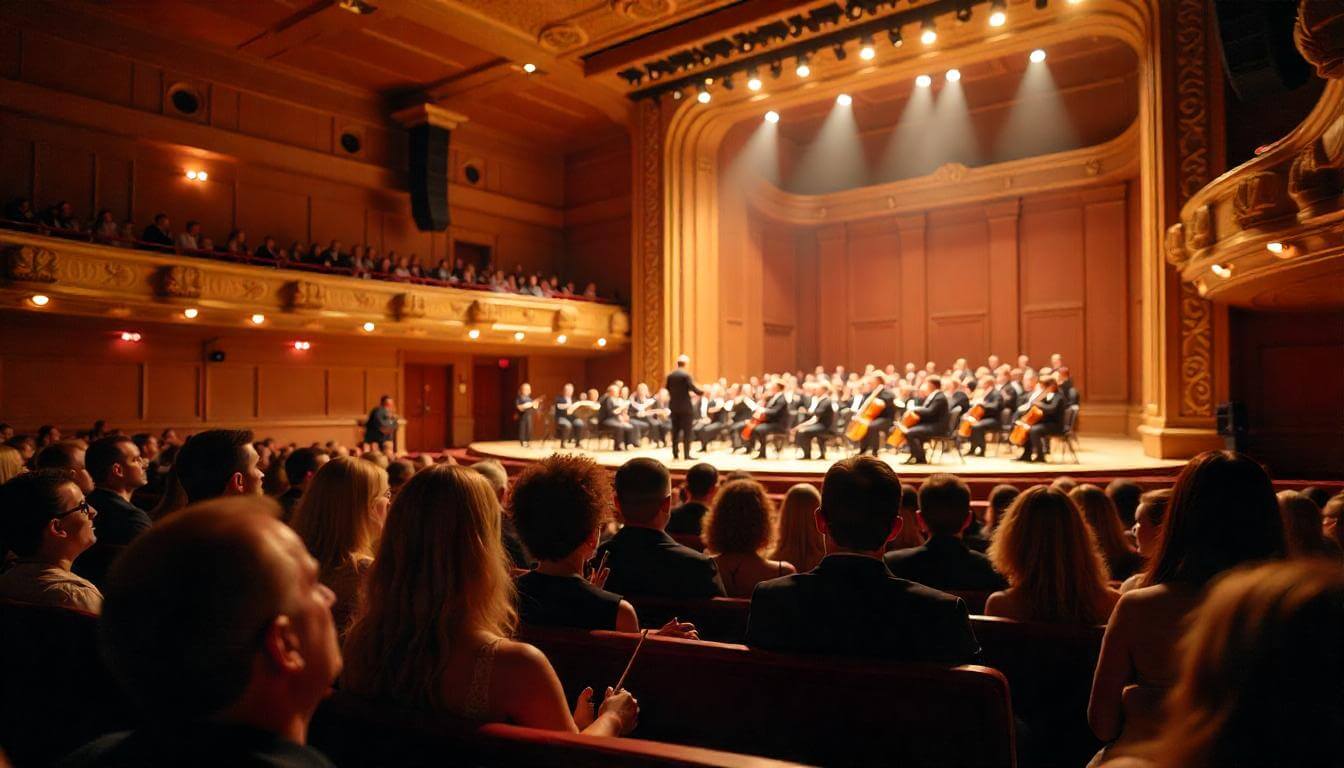 Moskova'nın Müzik Sahnesi: Konser Salonları, Kayıt Stüdyoları ve Ses Turları">
Moskova'nın Müzik Sahnesi: Konser Salonları, Kayıt Stüdyoları ve Ses Turları">

 Gizli Bahçeler ve Saklı Parklar: 2025'te Moskova'nın Yeşil Vahaları">
Gizli Bahçeler ve Saklı Parklar: 2025'te Moskova'nın Yeşil Vahaları">
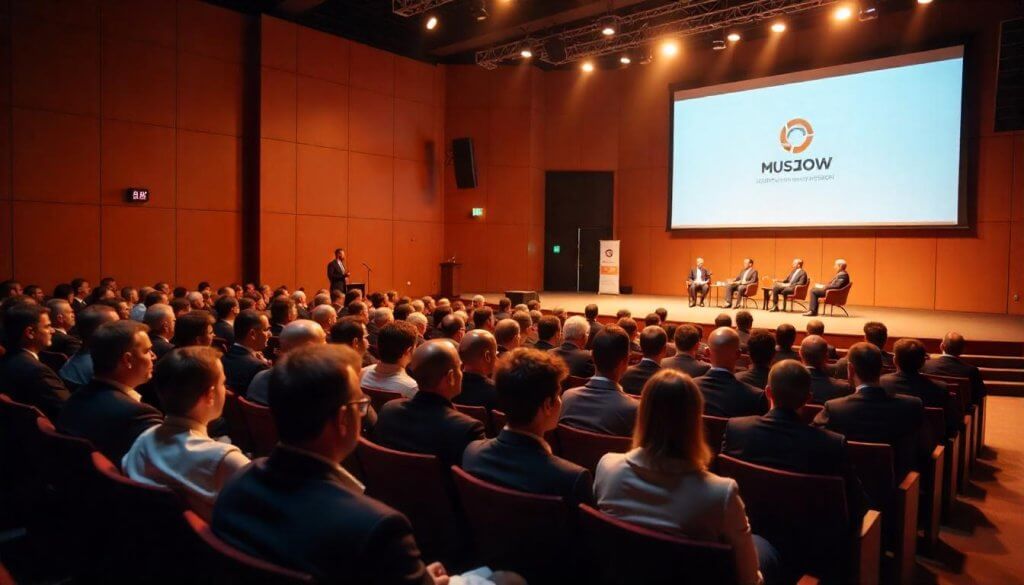 Moskova'da İş Seyahati: Ağ Kurma Etkinlikleri ve Profesyonel Cazibe Merkezleri">
Moskova'da İş Seyahati: Ağ Kurma Etkinlikleri ve Profesyonel Cazibe Merkezleri">
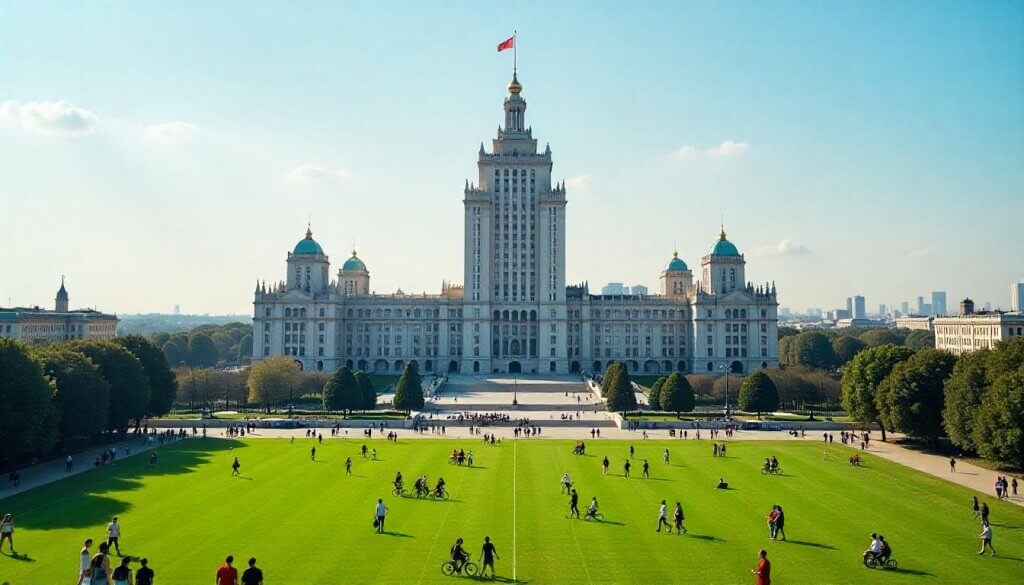 Moskova Üniversite Bölgesi: Akademik Turizm ve Kampüs Turları">
Moskova Üniversite Bölgesi: Akademik Turizm ve Kampüs Turları">
 Moskova Moda Sahnesi: Tasarımcı Semtleri ve Stil Cazibe Merkezleri">
Moskova Moda Sahnesi: Tasarımcı Semtleri ve Stil Cazibe Merkezleri">
 Moskova'nın Girişimcilik Ekosistemi: Teknoloji Merkezleri ve İnovasyon Merkezleri">
Moskova'nın Girişimcilik Ekosistemi: Teknoloji Merkezleri ve İnovasyon Merkezleri">
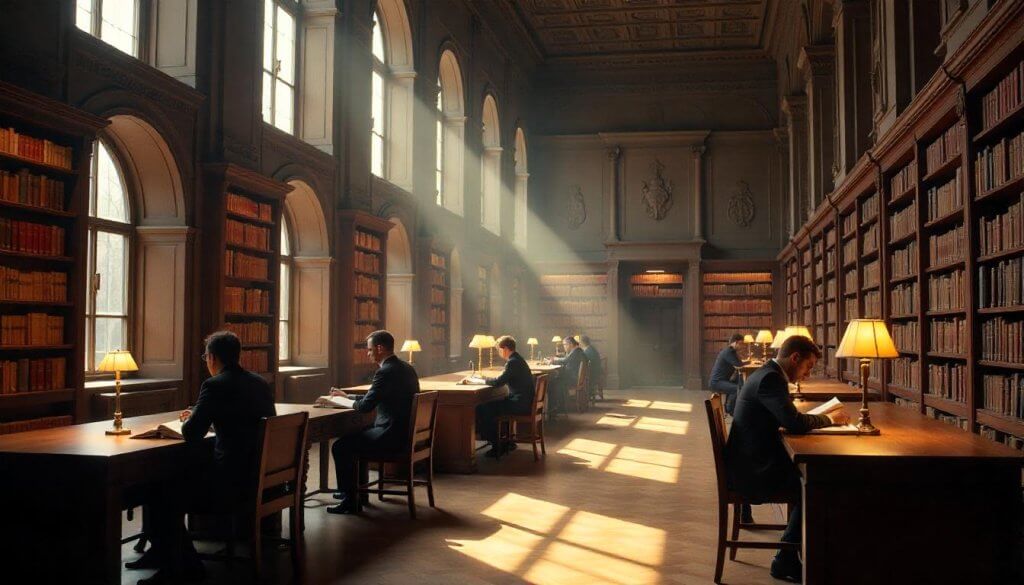 Kitapseverler İçin Moskova: Kütüphaneler, Edebi Mekanlar ve Okuma Noktaları">
Kitapseverler İçin Moskova: Kütüphaneler, Edebi Mekanlar ve Okuma Noktaları">
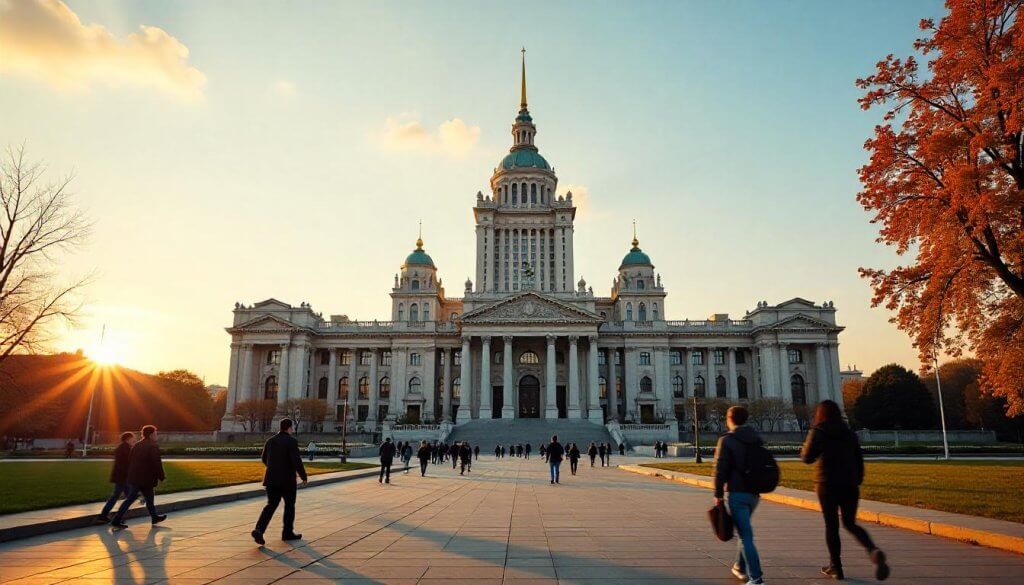 Sovyet Dönemi Moskova: Komünist Mimari ve Tarihi Bağlam">
Sovyet Dönemi Moskova: Komünist Mimari ve Tarihi Bağlam">
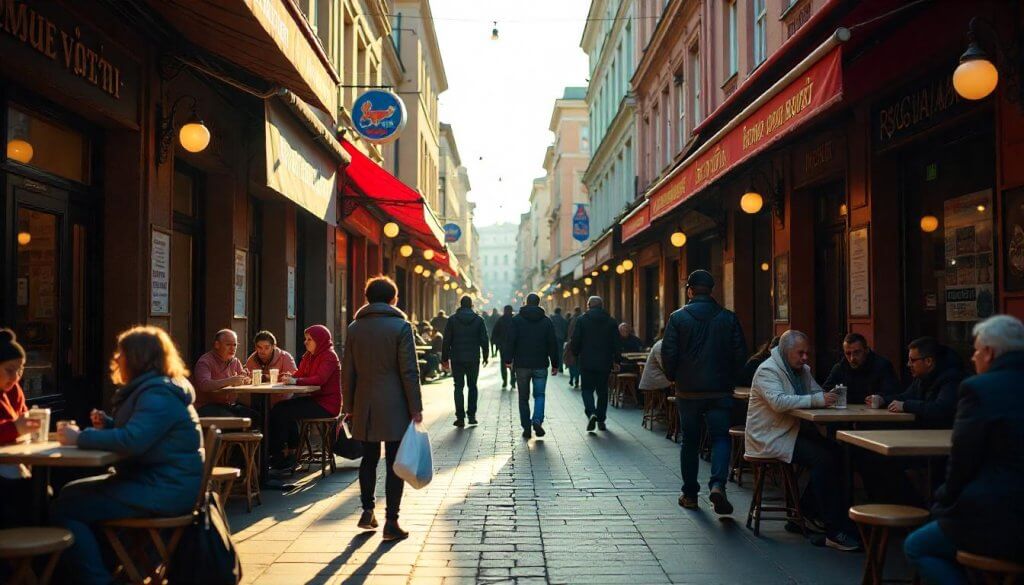 Moskova'nın Göçmen Toplulukları: Çok Kültürlü Mahalleler ve Mutfak">
Moskova'nın Göçmen Toplulukları: Çok Kültürlü Mahalleler ve Mutfak">
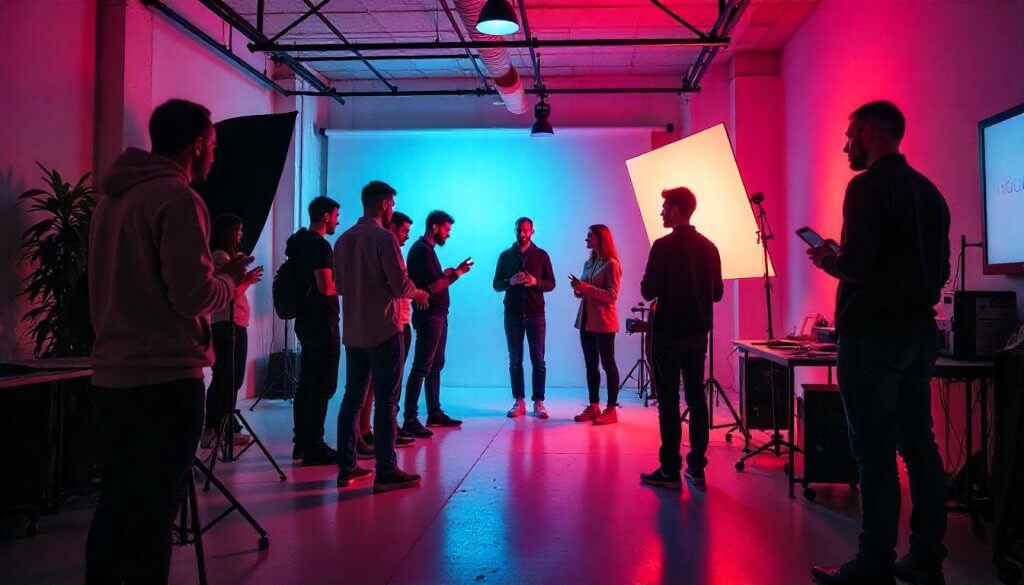 Moskova Fotoğrafçılar İçin: Profesyonel Çalıştaylar ve Portfolyo Oluşturma">
Moskova Fotoğrafçılar İçin: Profesyonel Çalıştaylar ve Portfolyo Oluşturma">
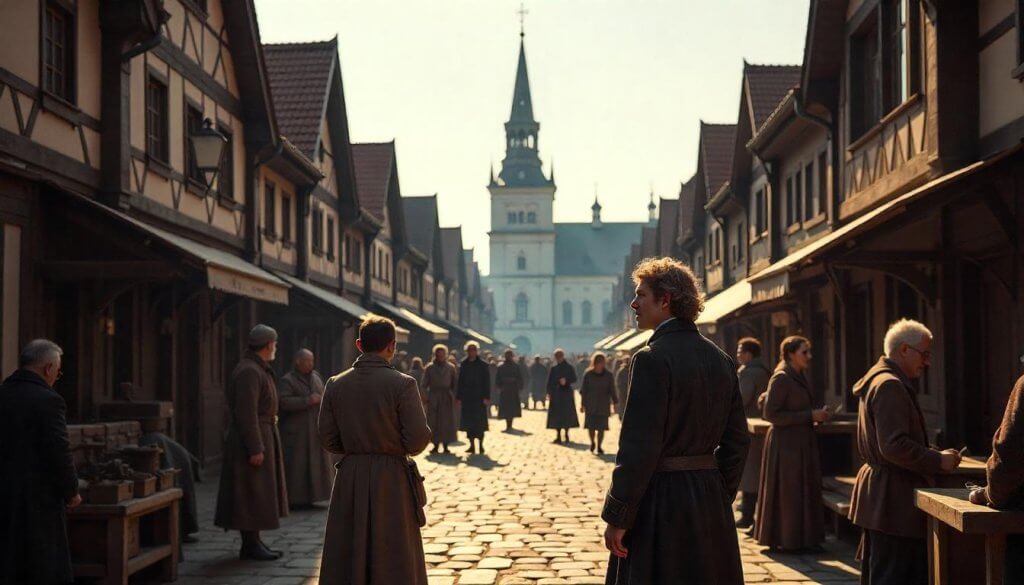 Moskova'nın Alman Mahallesi: Rus Tarihinde Avrupa Etkisi">
Moskova'nın Alman Mahallesi: Rus Tarihinde Avrupa Etkisi">